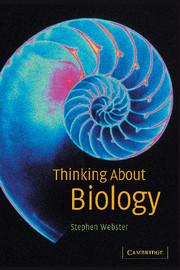1 - Facts?
Published online by Cambridge University Press: 24 May 2010
Summary
The problem with cannabis
In Amsterdam, they say, you can approach a policeman and ask the best place for buying cannabis. Very likely you will be courteously pointed to one of the city's ‘coffee shops’, where marijuana in a number of forms is on sale, to be enjoyed along with coffee and newspapers. The legalisation of cannabis in the Netherlands is ‘The Dutch Experiment’, and is a focus of interest for the interminable arguments about drug control in other countries. The liberal Dutch attitude contrasts with the stricter attitudes of the authorities in the UK, where until recently cannabis use was an arrestable offence, with 300,000 people street-searched each year and 80,000 arrested. The differing attitudes of the European countries to drug use is one reason for the constant newsworthiness of cannabis. Another reason is its widespread use. Some 50% of British 16–19 year olds have smoked cannabis; across Europe, there are 45 million regular users. The controversy takes various forms. Some argue that cannabis should be decriminalised. With this strategy, possession remains an offence, but leads to a fine or a warning, rather than to prosecution and a criminal record. Others go further and call for legalisation, so that cannabis is freely available, taxed and even supplied by the state. According to its advocates, legalisation of heroin and ecstasy, as well as of cannabis and amphetamines, will reduce the demand for drug dealers, and so reduce drug-related crime.
- Type
- Chapter
- Information
- Thinking about Biology , pp. 5 - 37Publisher: Cambridge University PressPrint publication year: 2003



